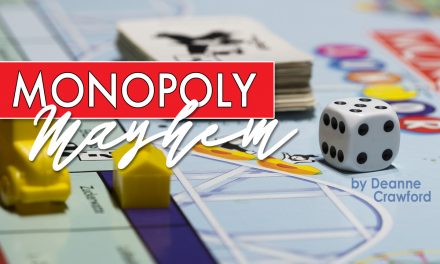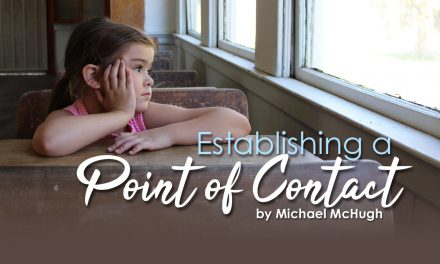What an awesome teaching opportunity! The solar eclipse on August 21st, 2017, is the first to be visible in the continental United States, from coast to coast, in 99 years!
So, what is a solar eclipse? While eclipses aren’t uncommon, this one is significant. The moon will completely block the sun from the Earth. The path for viewing this total solar eclipse stretches from Salem, Oregon, to Charleston, South Carolina. If you live outside this path you will still see a partial eclipse where the sun will cover part of the sun’s disk. Weather permitting, this will be an amazing sight!
In Chicago, Illinois, for example, the eclipse will begin at approximately 11:54 AM (CDT), and at approximately 1:19 PM, the moon will block 87% of the Sun. This will only last a few minutes, so you will want to take full advantage of those few minutes. Remember the Earth is rotating and revolving and the moon is rotating, therefore nothing stands still; that’s why it will pass so quickly.
Safety
Be sure to be smart and safe while viewing the eclipse – never look directly at the sun with unprotected eyes! Some suggestions for safe viewing include filters for binoculars and telescopes that are designed specifically for looking at the sun or inexpensive eclipse glasses that have been designed especially for this astronomical event. You could even turn this into a science project and make your own pinhole projector, cereal box viewer, or poke a tiny hole into a paper. If you don’t want to take a risk with your eyes, you could watch the eclipse on a gray television station or live stream. When I was a child, we watched solar eclipses by stacking picture negatives together and placing them over the tiny opening made in the end of a shoe box.
NASA
NASA.gov is my go-to site for eclipse information. They offer a lot of information and free downloads for activities you can do at home. Eclipse2017.nasa.gov is a website that has been designed specifically for the 2017 eclipse and is full of great ideas, and they even have a homeschool section. The whole website is good, but the homeschool portion includes family activities, educational suggestions in several areas (especially science), and downloadable PDFs. You will even find a link to NASA’s live streaming of the eclipse. Spend some time exploring this website before the event and use the information as a learning unit. These are some of my favorite websites for this event, but there are many others out there that you may want to check out.
Local Events
You may have a planetarium or astronomical society in your area – check to see what they might be offering. Even if you don’t want to attend the events offered, you may be able to get some good information about eclipse viewing in your area. Maybe you can host your own Eclipse Party. Happy viewing!





